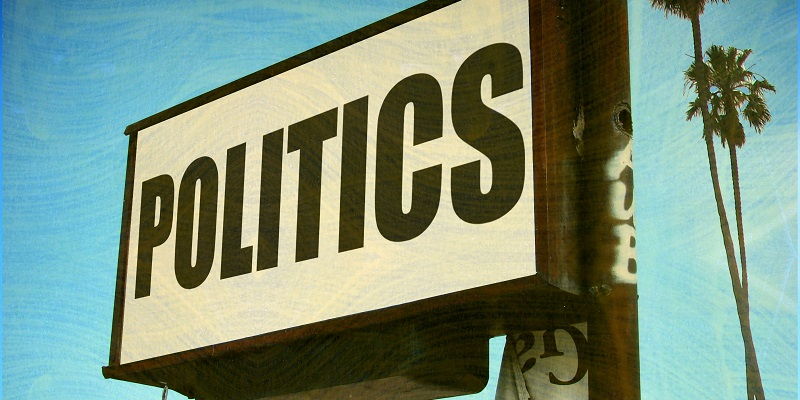Politics within the workplace can significantly impact employee relationships and the overall organizational culture. The diverse political beliefs held by employees can often lead to segregation, conflicts, and an increased sense of polarization. As employees come from a variety of backgrounds and hold different viewpoints, it becomes crucial for organizations to address these issues and foster inclusivity. This article delves into the impact of political differences on workplace dynamics, the connection between workplace culture and individual respect, influence, and status, the role of diverse cultures in shaping the work environment, and the necessity of actively mitigating negativity through inclusivity.
Politics and workplace culture
Central to fostering positive relationships in the workplace is the concept of fitting into the predominant workplace culture. Employees who align well with the organizational values are typically granted more respect, influence, and higher status. Consequently, understanding and adapting to the specific culture of a workplace becomes essential for employees, as it can contribute to their overall success and satisfaction within the organization.
Diverse workplace cultures
Different types of workplaces naturally embody distinct cultures. These cultures are shaped by a variety of factors, including industry norms, organizational values, and the composition of employees. Recognizing and appreciating these differences is crucial for creating an inclusive workplace where individuals feel valued. By understanding and adapting to various workplace cultures, employees can effectively bridge divides and foster a sense of unity.
Contentiousness and Political Discourse
In today’s climate of heightened political discourse, workplace conflicts can arise more easily. Strong political beliefs can lead to contentiousness and impede collaboration, as employees may become reluctant to engage with those who hold differing opinions. This contentious environment can contribute to negativity, decreased productivity, and strained interpersonal relationships within the workplace.
Unconscious Bias and “Ingroup/Outgroup” Thinking
Much of the tension arising from political differences is rooted in unconscious biases. In the workplace, employees may naturally form “in-group/out-group” mentalities based on their political affiliations. These biases can create subconscious barriers, preventing effective communication and collaboration between individuals who belong to different political groups. Overcoming these biases requires individuals to actively recognize and challenge their own assumptions and foster a greater understanding of others’ perspectives.
Polarization and Inability to Bridge Divides
Current political polarization has created a significant distance between individuals who identify with different political ideologies. The growing extremism in political discourse has made it increasingly challenging to bridge this ideological divide. Consequently, employees may find it difficult to see beyond their political differences, hindering the development of authentic connections and meaningful relationships in the workplace.
The need for inclusivity
To mitigate the atmosphere of exclusion or negativity that politics can breed, HR leaders must take intentional steps to foster inclusivity in the workplace. Inclusivity involves creating an environment that welcomes and values employees of diverse backgrounds and perspectives, regardless of their political beliefs. By actively promoting inclusivity, organizations can create a more harmonious work environment where individuals feel respected, supported, and able to express their opinions freely.
Starting at the point of hire
One effective way to cultivate inclusivity is by instilling it in the hiring process. HR leaders can incorporate specific messaging and language during interviews to ensure that potential employees understand the organization’s commitment to inclusivity. This includes emphasizing the value of diversity, open dialogue, and respectful discourse. By setting the tone from the beginning, organizations can attract individuals who are more open-minded and willing to engage with diverse perspectives.
Building Authentic Connections
Beyond the hiring process, organizations should encourage individuals to see beyond their political differences and develop authentic connections. By focusing on the similarities and shared values that unite employees, organizations can foster an environment where political disagreements do not overshadow personal relationships. Encouraging open dialogue, active listening, and empathy can help build bridges and foster understanding between individuals who hold different political beliefs.
Addressing politics in the workplace is crucial for establishing and maintaining positive employee relationships. By recognizing the influence of workplace culture, fostering inclusivity, and building authentic connections, organizations can mitigate the negative impact of political differences on employee dynamics. Nurturing an inclusive environment ensures that individuals feel respected, supported, and valued, regardless of their political beliefs. Ultimately, organizations that embrace inclusivity will foster a collaborative and harmonious workplace where employees thrive.

